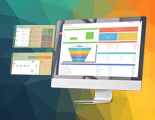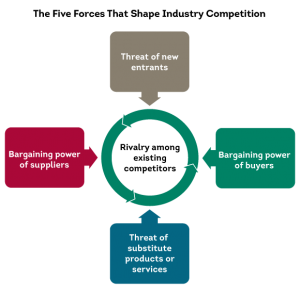
Recent studies predict that by 2016, 70% of high-performing companies will be using business process management platform to handle their processes. Moreover, industry’s experts report the shift of the CRM technologies towards processes and specifically to process-driven CRM. No longer traditional CRM is covering the needs of a rapidly changing business environment. So what are the advantages of a BPM-driven CRM in comparison to the traditional one? What are the benefits of such technology?
Optimized and improved business operations
In the early CRM era it was important for businesses to have a central storage of all data that could be easily accessible to communicate effectively with customers. The CRM helped to keep track of the appointments, potential deals, notes, and other information. Nowadays, traditional CRM grew out of its basic functionalities to store, track, and report becoming critical part of business strategy and development. With processes being at the core of any business environment, process-driven CRM helps companies to evaluate and ensure success of their operations.
The advantage here is truly apparent – with formalized processes the company functions in the much more efficient way. When system guides you to the next best action there is much less chance to miss the step thus loose the opportunity.
Process-driven CRM helps to eliminate bottlenecks and boost result
For example in sales, the process-driven CRM drives the sales process alerting the next step within every stage of the sales pipeline while helping to identify bottlenecks and inefficiencies that delay progress to the next stage. At the same time, it provides clear view on the sales reps performance allowing you to replicate the processes of your top-performing salespeople, applying them universally across the entire business operations.
From our experience working with thousands of our customers we see that introducing a process-centric model of sales pays off as it helps to standardize and spread best practices across the entire organization. With a number of new and emerging business models and specific industry requirements, it is crucial to be able to timely adjust processes optimizing them in order to achieve the desired outcomes. And here the process-driven CRM is not just an option but a must have technology as it allows to make tweaks to the processes quickly and with no technical expertise involved.
By following a comprehensive end-to-end process, companies make sure they are prepared to execute their business strategy effectively, and drive high revenue for the business.
Business & Finance Articles on Business 2 Community(101)





